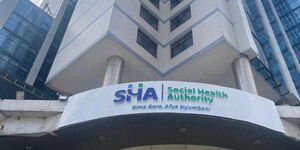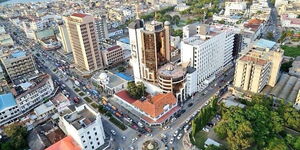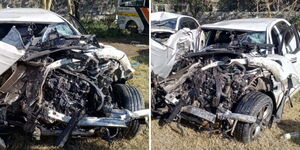Kenyans can breathe a sigh of relief after the National Assembly Finance Committee recommended several changes to the Tax Laws (Amendment) Bill 2024.
A report seen by Kenyans.co.ke dated December 4, recommended changes to the piece of legislation after concerns from various stakeholders during the public participation exercise conducted last month.
Among the notable changes proposed by the committee included the adjustment of the Pay As You Earn (PAYE) bands. The move followed an uproar by stakeholders over higher PAYE cuts imposed on Kenyans earning Ksh500,000 and above.
During public participation, stakeholders lamented over the introduction of a 32 per cent PAYE cut on Kenyans earning between Ksh500,000 and Ksh800,000 and 32.5 per cent on employees earning above Ksh800,000.
Stakeholders argued that the deductions exceeded the average rate of 30 per cent thus placing pressure on employees whose net pays were already strained by other deductions.
While addressing the concern, the Finance Committee assured the participants that the National Treasury would soon begin the process of eliminating the current top bands to improve the progressivity of all salaried Kenyans.
Another key adjustment recommended by the committee included the scrapping of the 5 per cent tax on infrastructure bonds. Stakeholders told the committee that taxation of the government securities would discourage investment in the country.
The Finance Committee also endorsed the deletion of the clause that proposed the increase of telephone and internet data services from the current 15 per cent to 20 per cent to enhance online jobs.
Another major change recommended by the committee included the scrapping of 5 per cent and 20 per cent withholding tax on resident and non-resident digital marketplaces to promote the e-commerce industry.
The legislators also proposed the exemption of park entry fees from Value Added Tax (VAT) to boost the tourism and transport sectors. Similarly, imported ceramics, sinks and wash basins were spared the proposed introduction of excise duty.
Further, air ticketing services have been spared the standard-rated VAT of 16 per cent which means the air services would remain VAT exempt.
The Committee also recommended the dropping of the recommended excise duty on imported pasta because the local production was still unable to meet domestic demand and the proposal would simply increase the cost of living.












